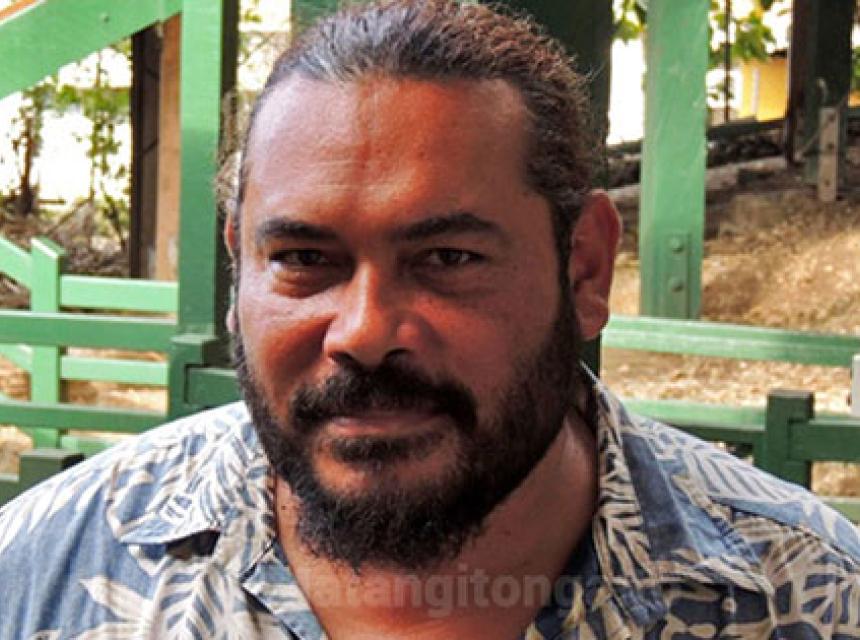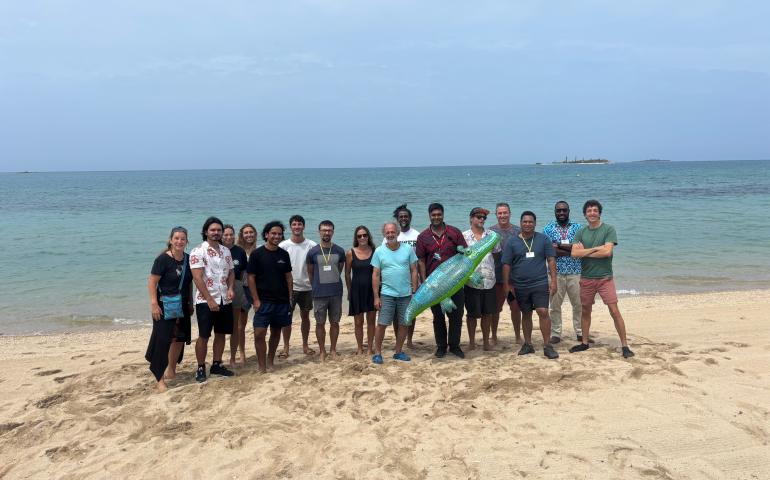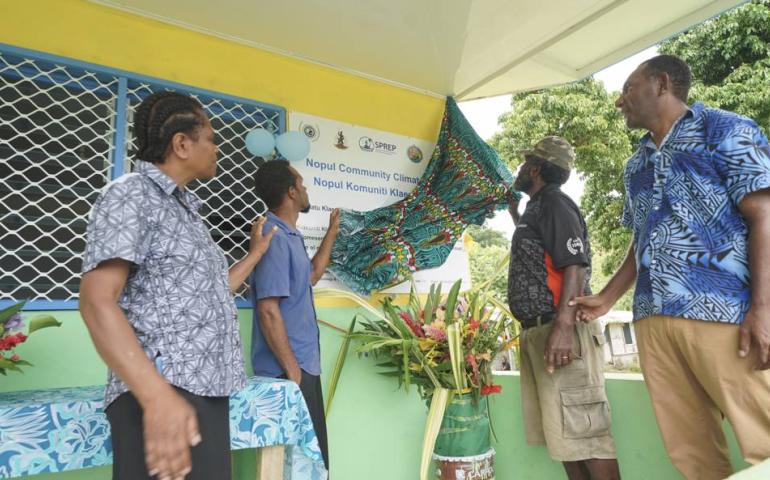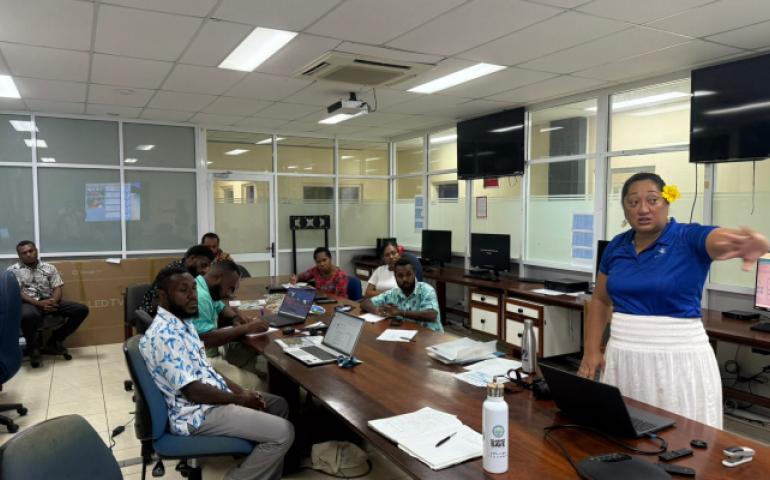Pacific Islands Met Council strengthens regional communications
By Linny Folau in Honiara
Meteorological services in the Pacific Islands have common challenges, and these will be discussed at the Fourth Pacific Meteorological Council Meeting in Honiara next week.
In Honiara, ‘Ofa Fa’anunu, Director of Tonga Met and Pacific Meteorological Council Chair said the meeting is a chance for meteorological services to come together and discuss their priorities and challenges.
For Tonga, one priority is trying to get weather monitoring equipment to create forecasting on the island, and other important equipment it needs to improve its services to the public.
'Ofa said for Tonga, weather monitoring equipment is quite expensive. This is in addition to all the delivery mechanisms of the early warning system, trying to improve on communications.
There have been parallel meetings this week for developing the Pacific Islands Meteorological Strategy 2017-2026.
'Ofa told Tongan journalists that after the council meeting, they would have a round table meeting with development partners "to bring our priorities to the table and see where we can work to fund some of this initiatives".
Priorities
Tonga's tsunami warning system still needs a lot of improvements, he said.
Meteorological forecasters at Fua’amotu need to be trained to a higher level.
"On the aviation side of things, it’s now a requirement by law, the Civil Aviation Act of Tonga that the national meteorological service must be certified and we will be looking at finding opportunities to further train forecasters."
'Ofa is also looking for opportunities to improve the equipment for all our airports in Tonga "to get things like safety audits done towards achieving certification."
Early warning system
This week they had a meeting with the World Meteorological Organization discussing a project to improve the climate risk early warning system for Pacific Islands.
He said Tonga also has its own bilateral projects with its normal partners, and at the meeting could meet technical experts.
Projects like the Pacific Resilience Program, with the World Bank, looks at establishing a media center within the national meteorological service.
"Government right now is just finalizing the plan for the construction of a new facility at Mata-ki-‘Eua, which will house the National Emergency Management Office (NEMO) and the meteorological services."
Weather
With regards to criticisms from the public, ’Ofa said meteorological services are not an exact science as there is a certain percentage of error in forecasting anything.
“That’s the job that we do is trying to estimate the conditions of the weather, what it will do in the next 24-hours or the next few days. So conveying the information is sometimes quite difficult, especially if you are trying to convey information that might affect people’s lives, for example a tropical cyclone or tsunami.
“So working together with the media is one of the strategies that we look at and we feel very strongly about that we need to improve on to get simplified information that is understood."
He said for a long time now the meteorological services work tended to give out information according to the weather what the wind speed is or how high the waves are going to be. But now people want to know what will happen when the wind is 35 knots or when the waves iare 10 meters - how is it going to affect them, how can they prepare.
"So there is a shift into the area of disaster management and for meteorological services...we need to start looking at the disaster management side of things, convey the actual impact of weather and climate and not just focus on what weather parameters are but the actual useful information where people can use to prepare themselves and build their resilience," he said.
Communications
He said the objective of the training in Honiara is for the media to know the meteorological terms, getting them to understand the procedures used, what kind of products and services are available and this partnership to be strengthened to be able to give better services.
"With climate change these days extreme weather and climate events are becoming more and more frequent and the impacts on small island states including Tonga as they are getting more and more disasters. We need to build on this partnership to be able to build the resilience of the people and their ability to prepare themselves for these sort of extreme events." he said.
- Log in to post comments




